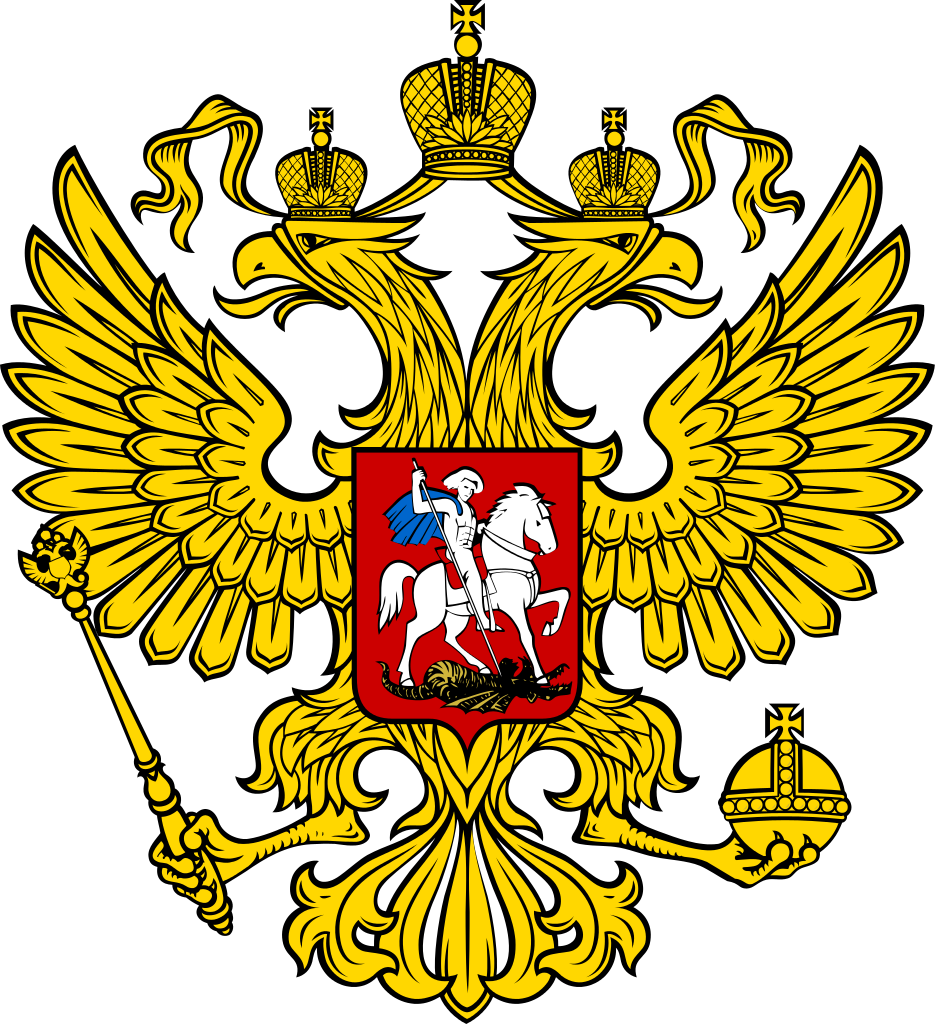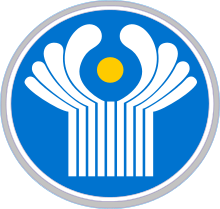| Faculty | Faculty of Music History, Theory and Composition | |
| Department | Department of Music Pedagogy | |
| Available degrees | Bachelor – 4 years full-time study, 240 ECTS. | Master – 2 years full-time study, 120 ECTS. |
| Curriculum and skills obtained | Curriculum and skills obtained | |
Achievements and awards. Students take an active part in scientific and artistic events, in international and all-Russian festivals and competitions: the second place and the title of laureate in the category of Music Education and Pedagogy in the 27th international competition of students’ research works in the field of musical art (2017); successful participation in the 10th international conference “Research Work of Young Musicologists,” the Music Pedagogy workshop (2017). The department’s academic choir is a holder of the first place in the international festival competition “The Whole World is Art” (2016); the second place and the laureate title in the Small Ensembles category of the Open All-Russia Competition “Voices of Russia” (2017) and in the category of Piano Artistic Performance (solo) of the second international festival competition “Wonderful World of Art” (2017), the first and second places and the title of laureates in the Chamber Ensemble category of the fourth international competition of educational programs of chamber music and piano duets “Music of Duet” (2017).
Teaching staff. The educational process is implemented mainly by the Department of Music Pegagogy, but is also supported by other departments of the Faculty. Among the staff members are respected musicologists, internationally renowned scientists including Doctors of Arts and PhDs in History of Art, PhDs in Pedagogy, Professors, Associate Professors, Honored Cultural Workers of the RF, Honored Workers of Higher Education of the RF, Honored Workers of Higher Professional Education of the RF, Honored Art Workers of the RF, People’s Artists of the RF, laureates of the National Award of the RF. The lessons are given by internationally renowned scientists specializing in various fields of music studies: music theory and history, music folklore studies, musical psychology and pedagogy, psychology of musical ability, Russian medieval studies, source studies, textology, and other fields. They include the authors of monographs, textbooks and study guides, founders of scientific schools.
Education. The departments use relevant teaching methods, interdisciplinary and interactive approaches to teaching. Students undertake their teaching and art internship both at the Academy and outside (the House of Scientists on Prechistenka, the F.I. Shaliapin Memorial House, and others), at educational institutions of Moscow.
Facilities and resources. The Academy has computer classes, a library, a record library, and a reading hall with internet connection. The group classrooms and student lounges have free access to library collections (educational, scientific, reference literature) as well as audio and video recordings. The academy also has the Center for Music and Ethnography named after E.V. Gippius with a unique database of Gnesin’s folklore expeditions used by students for academic purposes.
Employment prospects. The alumni are successfully employed both by organizations of general, additional and professional education and concert organizations. Some graduates pursued their Master’s degrees. Possible job positions: teacher, head of structural units at cultural and art organizations, educational organizations.
Strategic partners. Professional contacts are maintained with both general education institutions of Moscow and top music universities of Russia as well as with foreign colleagues.




